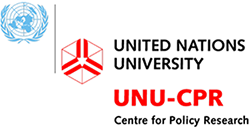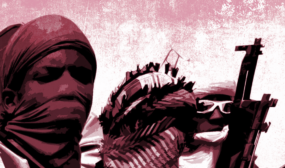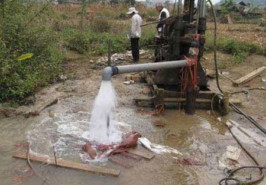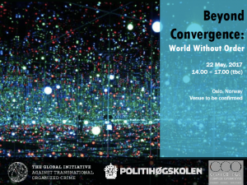Posted on 30 Nov 2017
Abstract
Crime is a reality of life around the world, but its characteristics and impact differ tremendously across states and societies. There are different reasons to believe that crime in post-war environments has specific features. First, parts of it may be a legacy of armed conflict or more precisely of war economies. Second, post-war contexts are often seen as being particularly attractive for criminal networks, because massive violence has ended while the state’s authority and capacity remain weak. Despite these alleged links relatively little is known about the manifestations of crime in post-war settings. By looking into illicit economies in Liberia and Sierra Leone this article shows that neither remnants of war economies nor the specific vulnerability of states emerging from armed conflict alone can account for the key features identified. Continuing illicit activities around natural resources and cannabis cultivation as well as the more recent transit of cocaine rather seem to be shaped by incomplete state-building. The shifting boundaries of illegality in combination with informal arrangements increase the level of uncertainty and lead to a constant negotiation of what actually constitutes a crime. The article also discusses why this has so far not involved larger scale violence in both countries.



